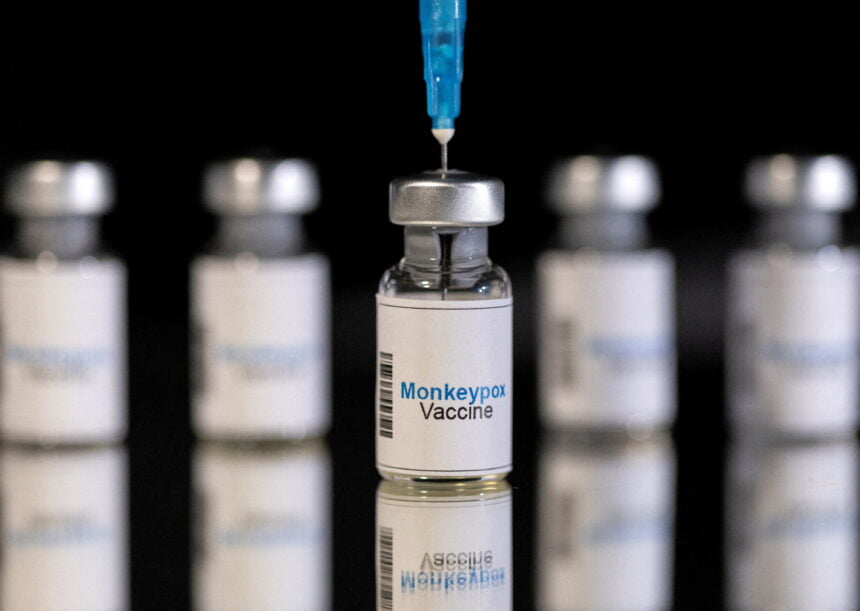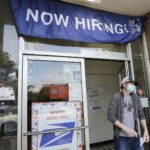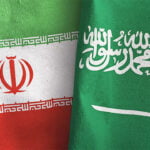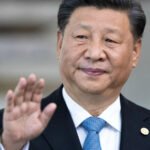The United States now has the first concrete evidence of the effectiveness of the monkeypox vaccination in the ongoing outbreak. The U.S. Centers for Disease Control and Prevention (CDC) published early information on monkeypox case rates and vaccination rates from 32 U.S. counties on September 28. Jynneos is the vaccine presently used to prevent monkeypox. CDC director Dr. Rochelle Walensky stated at a briefing that researchers were able to compare the two and estimate the vaccine’s effectiveness in part.
In contrast to those who had not received the vaccination, those who had received the first dose of the two-dose Jynneos vaccine had a 14-fold lower chance of getting monkeypox at least two weeks later.
In 2019, Jynneos received approval in the US to treat smallpox and monkeypox. Since incidences of the illness were not common in the United States at the time, the approval for monkeypox was based on data from animal research. Real-world data now appear to confirm the animal data’s proxies for how well the shot will work in humans.
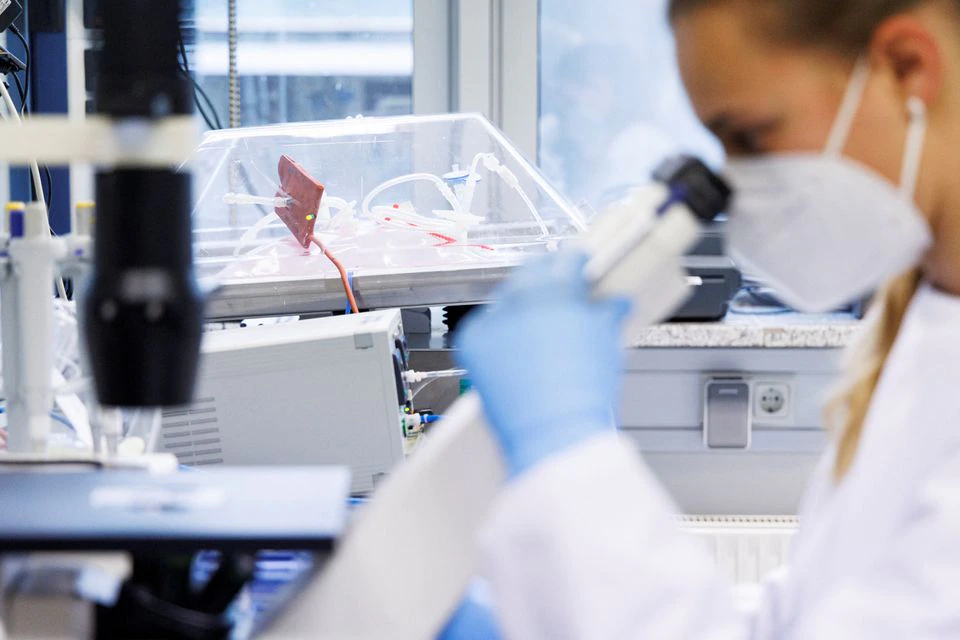
The results, according to Walensky, “provide a level of cautious assurance that the vaccination is performing as planned.” She emphasized that the results only applied to persons who had received the first dosage of the two-dose vaccination two weeks prior, and she advised people to obtain the second dose as prescribed—28 days after the first—to develop the greatest, most lasting protection against infection. However, the findings that infection protection continues even after the initial injection are reassuring.
The CDC decided to put persons who could be at a high risk of contracting the virus on the Jynneos eligibility list as a result of the findings; they can now take the vaccine as a preventative measure. Included in this are both commercial sex workers and partners of those who may be exposed to high risk. This method, known as pre-exposure prophylaxis, indicates a shift in the United States government’s strategy for controlling the outbreak.
According to Dr. Demetre Daskalakis, deputy coordinator for the White House’s monkeypox response, expanding eligibility will be “essential to ensuring we keep delivering vaccinations into arms for both the first and second doses. It means more people at present or future risk of monkeypox now qualify for the vaccine.”
The U.S. currently sees about 200 cases of monkeypox per week, down from a peak of about 1,000 cases per week in August. However, officials said that this decline is largely attributable to increased awareness of the illness and its risk factors, as well as the country’s widespread vaccination program. “This is the first indication of how well the vaccine works after only one dosage, although the news is great, we do know from lab studies that the second dosage is crucial and could offer the long-lasting protection we need to control the outbreak,” Walensky explained.




